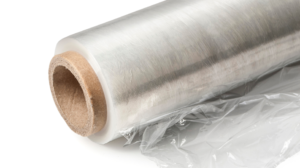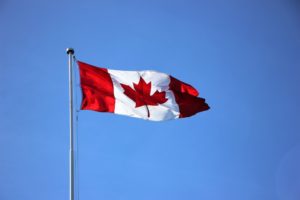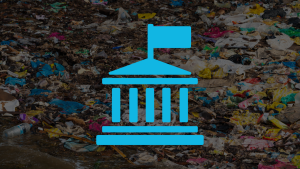- Policy
- Government
- Facts & Stats
- Plastic Pollution
- National
- International
Plastics in Nunavut
Nunavut does not yet have legislation that pertains directly to solid waste management, nor is there a specific strategy for solid waste management. Nunavut has an Environmental Protection Act that focuses on preservation, protection, and enhancement of the environment.
More information on waste management in Nunavut: Solid Waste Management in Nunavut: A Backgrounder
Diversion Rates (Tonnes) 2016
Yukon, Northwest Territories, and Nunavut. Plastics diversion rates not available for the territories.
| All materials diverted | 32,612 |
| White goods | N/A |
| Electronics | 128 |
| Plastics | N/A |
| Tires | 1,175 |
| Construction, renovation and demolition | N/A |
| Other materials | N/A |
Source: Statistics Canada, 2016
Material Recovery Overview:
The City of Iqualuit recently received federal funding for a municipal solid waste facility. Soon the City will divert 44 per cent of its waste from landfill.
Voluntary EPR Programs
The Arctic Co-operatives Beverage Container Recycling Program operates in 23 communities in Nunavut with funding from the Co-operatives. Arctic Co-operatives Limited is a service federation that is owned and controlled by 31 community-based Co-operative business enterprises that are located in Nunavut and Northwest Territories. Arctic Co-operatives Limited coordinates the resources, consolidates the purchasing power and provides operational and technical support to the community based Co-operatives to enable them to provide a wide range of services to their local member owners in an economical manner.
Disposal Options
|
Energy Recovery from Waste Approach
|
There are no large MSW incinerators in NU
|
|
Landfill Operations |
With the exception of Iqaluit, Rankin Inlet, and Repulse Bay, all other communities in NU practice open burning of waste (even though NU has a policy that only non-treated wood, paper, and cardboard are acceptable for open burning). |



